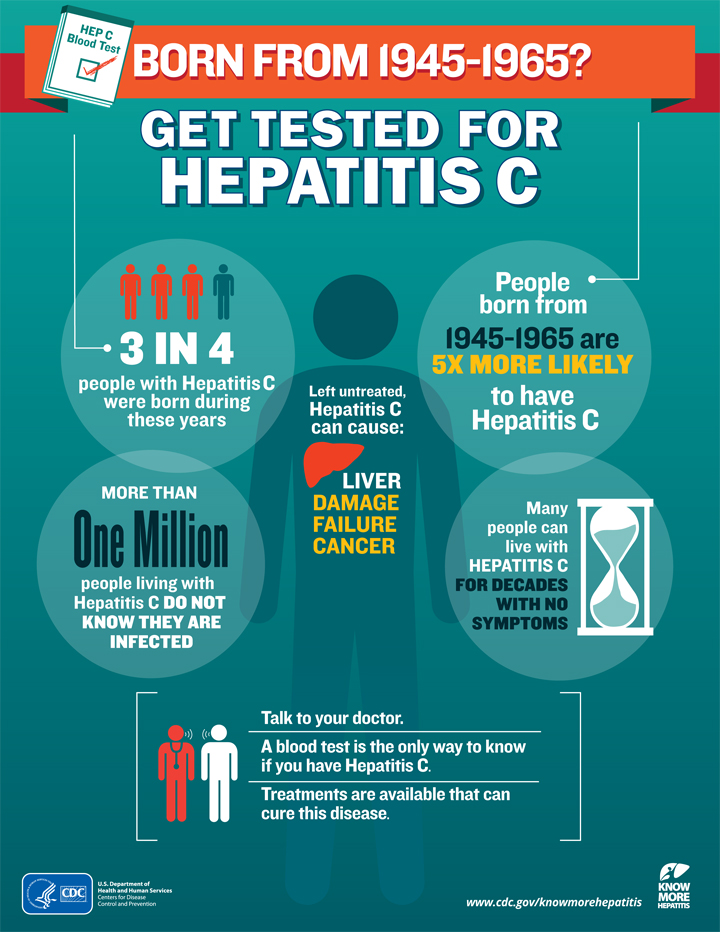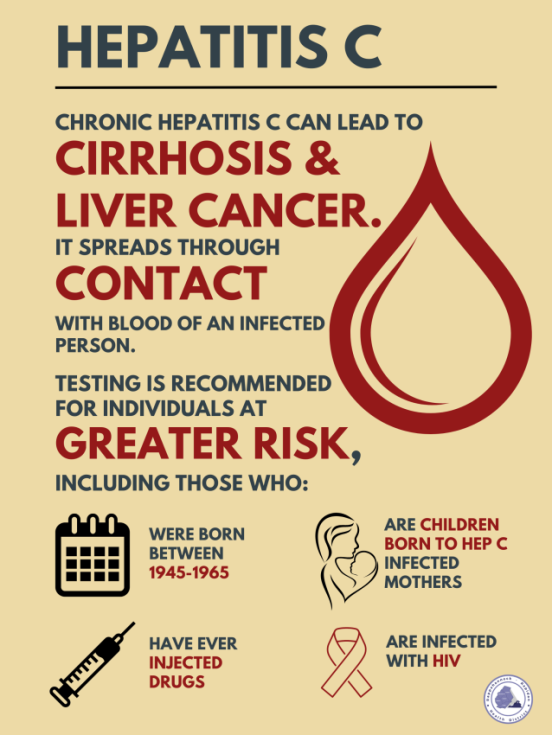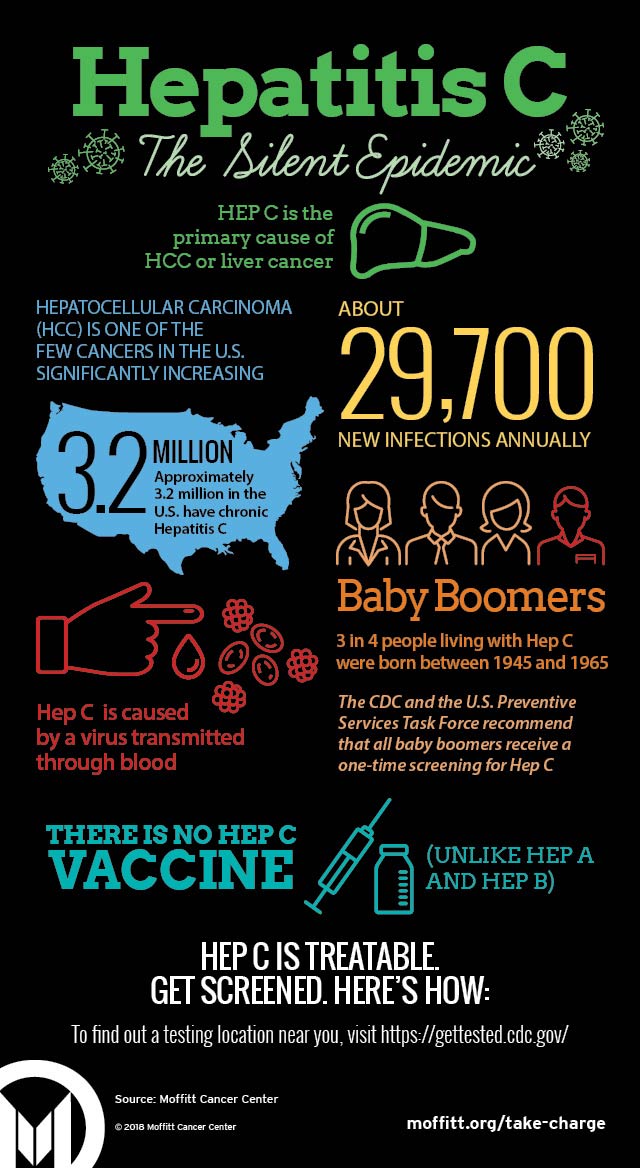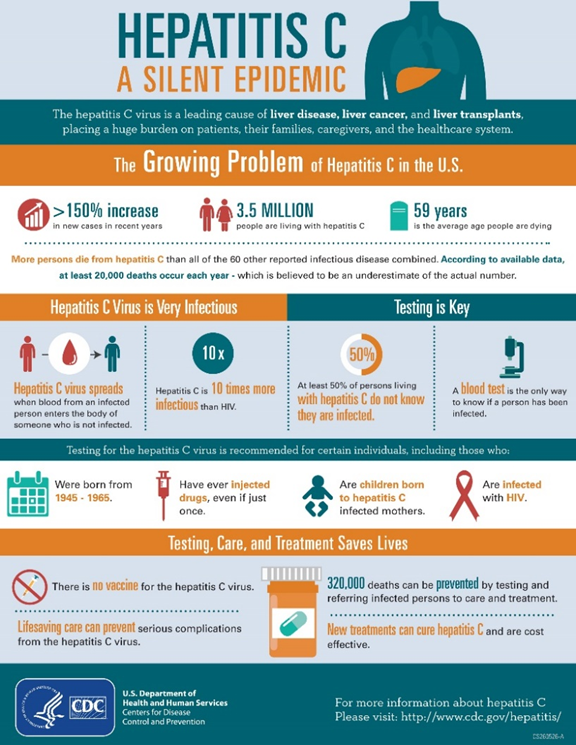Uncover the hidden triggers behind Hepatitis C and how to protect yourself from this silent but deadly virus.
Table of Contents
- Introduction: Understanding Hepatitis C
- How Does Hepatitis C Spread?
- Symptoms of Hepatitis C in Simple Terms
- What Exactly Triggers Hepatitis C?
- Diagnosing Hepatitis C
- Chronic Hepatitis: When Hepatitis C Stays for a Long Time
- Treatment Options for Hepatitis C
- Preventing Hepatitis C: Tips for Staying Safe
- Living with Hepatitis C: Stories and Support
- Conclusion: Recap of Hepatitis C Information
- Frequently Asked Questions (FAQs)
Introduction: Understanding Hepatitis C
In this section, we will explore what hepatitis C is, how it impacts our liver health, and why it’s crucial to have knowledge about this viral infection.
What is Hepatitis C?
Hepatitis C is a type of virus that infects the liver. It can cause inflammation in the liver, which is an essential organ that helps our bodies function properly. When the liver is not healthy, it can lead to various health issues.
Why is Our Liver Important?
The liver plays a vital role in keeping us healthy. It helps to clean our blood, store energy, and produce important substances that our bodies need. When the liver is affected by hepatitis C, it can impact its ability to function correctly, leading to liver problems.
How Does Hepatitis C Spread?
When we talk about hepatitis C, it’s essential to understand how this virus can move from one person to another. Let’s take a closer look at the common ways in which hepatitis C spreads.
Common Ways to Get Hepatitis C
Hepatitis C is primarily spread through contact with infected blood. This can happen through sharing needles or equipment for injecting drugs, getting tattoos or piercings with unsterilized tools, or receiving a blood transfusion from someone with the virus.
Another way hepatitis C can be transmitted is through unprotected sex with an infected person. While the risk is lower compared to blood contact, it’s still possible to contract the virus through sexual activity.
Furthermore, a mother who has hepatitis C can pass the virus to her baby during childbirth. It’s crucial for pregnant women who have hepatitis C to work closely with their healthcare providers to prevent transmission to their newborns.
Understanding these common ways hepatitis C spreads can help us make informed choices to protect ourselves and others from this viral infection.
Symptoms of Hepatitis C in Simple Terms
If someone is infected with hepatitis C, they might start feeling very tired all the time. Their skin might turn a yellowish color, and their eyes might look yellow too. Sometimes, their tummy might feel kind of funny and they might feel like they want to vomit. Their pee might also turn a darker color than usual.

Image courtesy of www.reviewjournal.com via Google Images
Some people might lose their appetite and not feel like eating. They could also have pain in their tummy or joint pain. It’s important to remember that these signs can vary from person to person, so if you notice any of these changes in your body, it’s best to talk to a doctor.
What Exactly Triggers Hepatitis C?
Hepatitis C is triggered by a pesky little thing called a virus. A virus is like a tiny invader that sneaks into our bodies and causes trouble. The hepatitis C virus specifically targets our liver, which is a vital organ that helps us stay healthy.
When the hepatitis C virus gets into our liver, it starts to multiply and spread, causing a viral infection. This infection can lead to a condition known as chronic hepatitis, where the virus stays in the body for a long time and causes liver disease.
So, the trigger for hepatitis C is this sneaky virus that invades our liver and causes all sorts of problems. That’s why it’s important to learn about hepatitis C and how to keep our liver healthy!
Diagnosing Hepatitis C
Taking a trip to the doctor is the first step in finding out if you have hepatitis C. The doctor might ask you questions about your health and any symptoms you’ve been feeling. They might also request a blood test to check for the hepatitis C virus.

Image courtesy of www.vdh.virginia.gov via Google Images
Chronic Hepatitis: When Hepatitis C Stays for a Long Time
Chronic hepatitis is like having a visitor that just won’t leave. When someone has hepatitis C for a long time, it’s called chronic hepatitis. The hepatitis C virus keeps causing trouble in the liver, and that’s not good news for our body.
Imagine a pesky bug that keeps buzzing around and doesn’t go away. That’s chronic hepatitis—it sticks around for the long haul and can make us feel unwell. It’s like having a lingering cold that won’t go away no matter how much rest we get.
Treatment Options for Hepatitis C
When someone is diagnosed with hepatitis C, doctors have various treatment options to help them fight the viral infection and improve their liver health.
| Triggers for Hepatitis C | Description |
|---|---|
| Sharing needles or syringes | This is the most common way Hepatitis C is spread. Sharing needles during intravenous drug use is a high-risk behavior. |
| Receiving a blood transfusion before 1992 | Prior to 1992, blood transfusions were not routinely screened for Hepatitis C, which put recipients at risk. |
| Needlestick injuries | Healthcare workers or individuals who may come into contact with contaminated blood are at risk for Hepatitis C through accidental needlestick injuries. |
| Being born to a mother with Hepatitis C | Hepatitis C can be passed from mother to child during childbirth, although the risk of transmission is relatively low. |
| Tattoos or body piercings with unsterilized equipment | Receiving tattoos or body piercings with contaminated equipment can transmit the Hepatitis C virus. |

Image courtesy of www.moffitt.org via Google Images
How to Fight Hepatitis C
One of the primary ways to combat hepatitis C is through medications specifically designed to target the virus in the body. These medicines can help stop the virus from multiplying and spreading further, giving the body a better chance to fight off the infection. Doctors will prescribe these medications based on the individual’s medical history and the specific strain of hepatitis C they have.
Preventing Hepatitis C: Tips for Staying Safe
Wondering how you can steer clear of hepatitis C and keep your liver healthy? Here are some simple steps you can take to protect yourself from this viral infection.
Simple Steps to Avoid Hepatitis C
1. Practice good hygiene: Washing your hands regularly with soap and water can help prevent the spread of the hepatitis C virus.
2. Be cautious with sharp objects: Avoid sharing personal items like razors or toothbrushes that may carry tiny amounts of blood, which can transmit the virus.
3. Get vaccinated: While there isn’t a vaccine specifically for hepatitis C, staying up to date on other vaccinations can help keep your immune system strong and protect your overall health.
4. Practice safe behaviors: If you decide to get a new tattoo or piercing, make sure to visit a reputable and licensed facility where hygiene and safety protocols are followed to prevent infections like hepatitis C.
5. Avoid risky behaviors: Refrain from using illegal drugs or sharing needles, as this can significantly increase your risk of contracting hepatitis C.
By following these straightforward tips, you can reduce your chances of getting hepatitis C and keep your liver in top condition!
Living with Hepatitis C: Stories and Support
Living with chronic hepatitis, like hepatitis C, can be challenging, but it’s essential to know that you are not alone. Many people around the world have hepatitis C and lead happy, fulfilling lives with the help of medical treatments and support. Here are some stories and information to help you understand and cope with hepatitis C.

Image courtesy of www.alleghenycounty.us via Google Images
You’re Not Alone!
If you or someone you know has hepatitis C, it’s important to remember that there are many resources and support systems available to help. From healthcare providers who specialize in liver health to support groups where you can connect with others going through similar experiences, there are plenty of ways to get the support you need.
Conclusion: Recap of Hepatitis C Information
In summary, we’ve learned that hepatitis C is a viral infection that primarily affects the liver, an essential organ for our overall health. Understanding how hepatitis C spreads and recognizing its symptoms early on are crucial to getting timely medical help.
The hepatitis C virus is the root cause behind the disease, triggering a range of symptoms that can signal an infection. It’s important to consult a healthcare professional for proper diagnosis and treatment if hepatitis C is suspected.
For individuals diagnosed with chronic hepatitis C, where the infection persists over the long term, there are treatment options available. Medicines and therapies can help manage the condition and improve liver health.
Prevention is key to staying safe from hepatitis C. By following simple steps and practicing good hygiene, we can reduce the risk of contracting the virus and protect our liver health.
Remember, for those living with hepatitis C, you are not alone. Support and resources are accessible to help navigate the challenges that come with managing a chronic liver condition. Stay informed, seek assistance when needed, and take care of your liver for a healthier future.
Frequently Asked Questions (FAQs)
Can Playing with Someone Who Has Hepatitis C Make Me Sick?
It’s essential to understand that hepatitis C is mainly spread through blood-to-blood contact, like sharing needles or receiving contaminated blood transfusions. So, casual activities like playing with someone who has hepatitis C are unlikely to make you sick. However, it’s always a good idea to practice good hygiene, like washing your hands regularly, to stay healthy.
Will I Always Be Sick If I Get Hepatitis C?
No, you won’t always be sick if you get hepatitis C. With advances in medical treatments, many people can fully recover from hepatitis C or manage the infection effectively. It’s essential to seek medical help if you suspect you have been exposed to the virus, as early diagnosis and treatment greatly increase the chances of a successful outcome.





